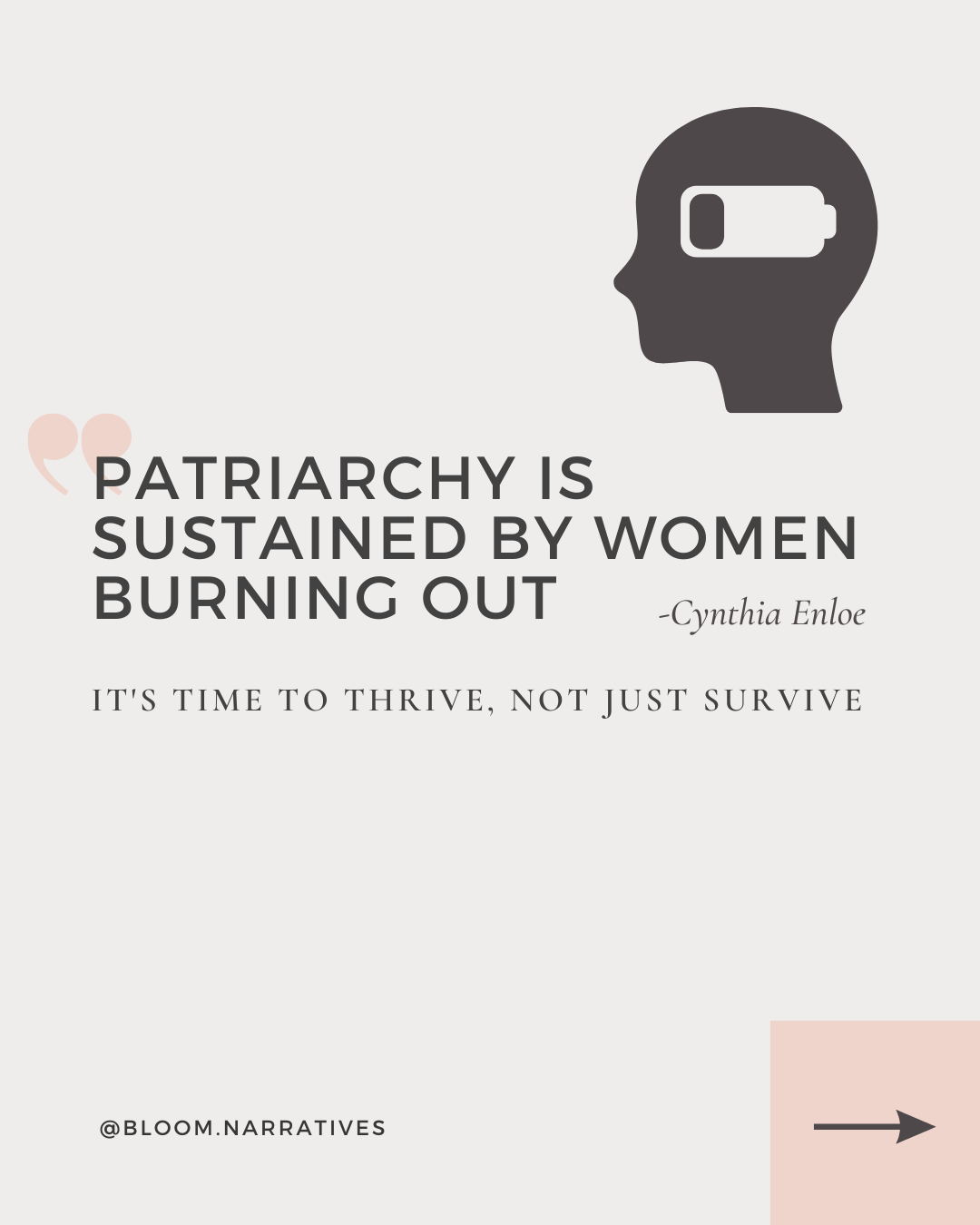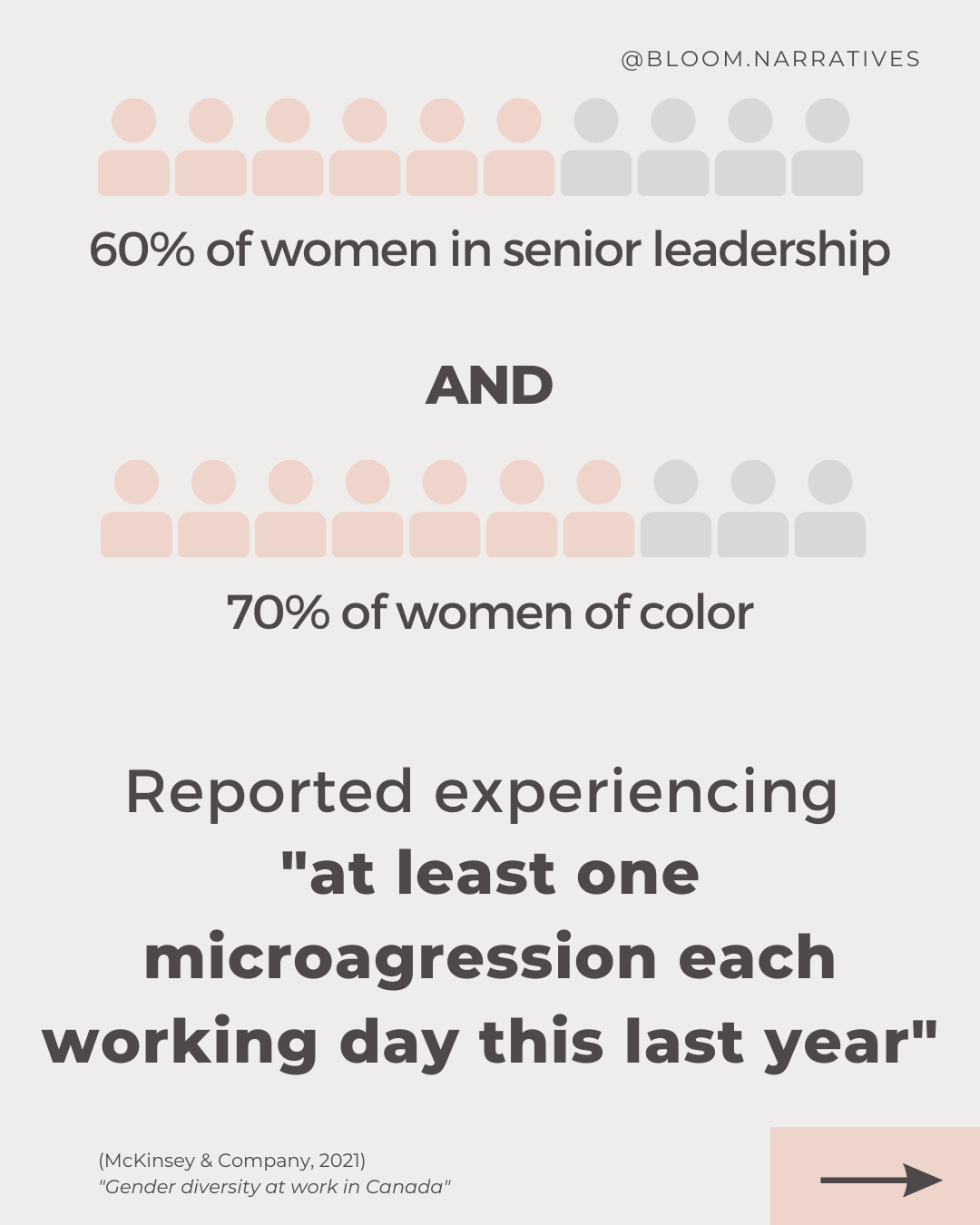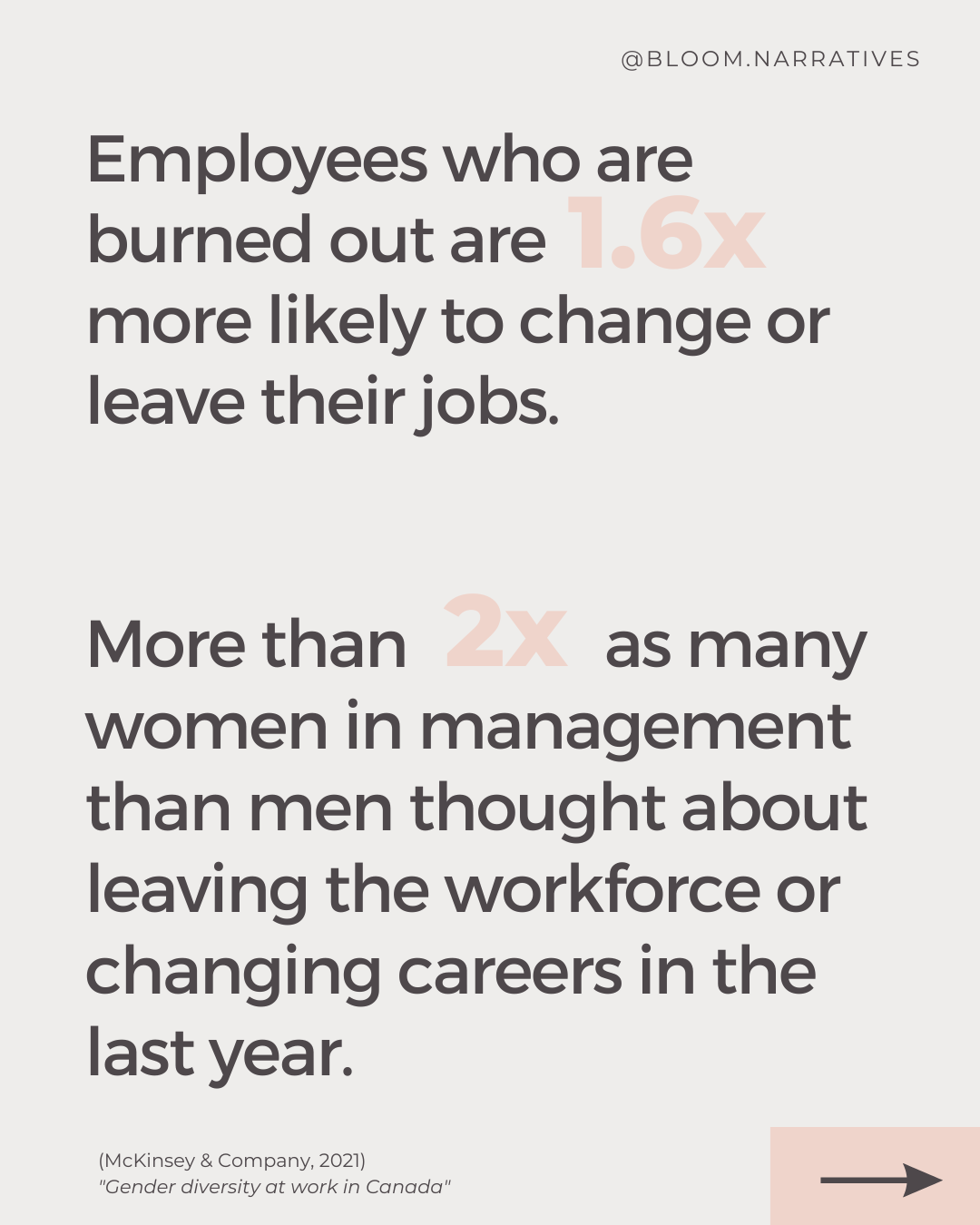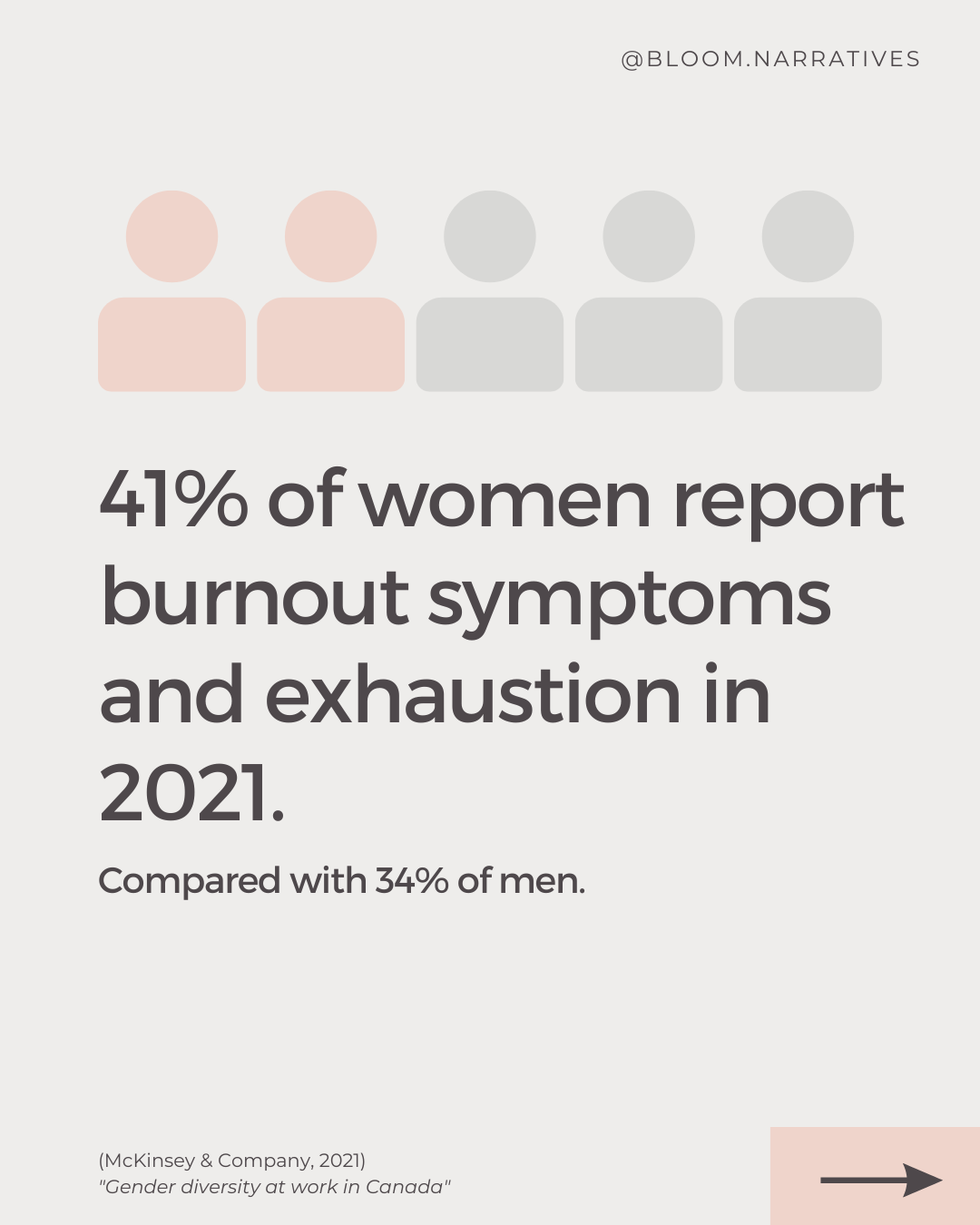Organization Tips for the Disorganized and Overwhelmed: Finding Your Balance




Like many of you, I'm juggling multiple roles, and at times, it feels like I'm drowning in responsibilities. But guess what? It's okay to feel this way and there are ways to navigate through it.
In this blog post, we'll explore some effective tips and strategies to help you regain control and declutter your life. Remember, you're not alone in this. Let's dive in!
Understanding Disorganization and its Impact
Disorganization can manifest in so many ways—clutter, inability to complete tasks, time management issues, and even anxiety or low mood caused by the chaos in one's life. It can add unnecessary stress to our lives, making it harder for us to pursue our goals and maintain healthy relationships.
The Connection between Disorganization and Overwhelm
When things are disorganized, it can be difficult to prioritize tasks and focus on what's important. This feeling of being pulled in every direction can lead to burnout, which only exacerbates feelings of overwhelm.
For instance, imagine waking up to a chaotic house after a long day of work. Your breathing starts to pick up, you are wandering from one room to the next, and for about 30 minutes, you just spiral, and don't actually do anything. This feeling of being overwhelmed and totally disorganized is pretty common, especially when given an open-ended or large project.
Recognizing Overwhelm and its Impact on your Mental Health
Signs of overwhelm can include feelings of stress, difficulty concentrating, irritability, procrastination, and even physical symptoms like headaches, disrupted sleep, and fatigue. If you frequently feel like you're drowning in a sea of responsibilities, it's probably time to address the overwhelm and disorganization in your life.
When we're feeling overwhelmed, it's easy to feel like we have no control over our lives. This can lead to negative thinking and increase the risk of experiencing mental health issues such as anxiety and depression. Ignoring these warning signs over time may lead to an inevitable 'hard reset' where symptoms of burnout start appearing.
Chronic stress can take a serious toll on our physical and mental wellbeing. If left unaddressed, it can lead to more serious health issues, such as depression, anxiety, chronic fatigue, and chronic illness.
Addressing Burnout and Taking Care of Yourself
Burnout symptoms can affect people both physically and mentally, causing them to feel exhausted, overwhelmed, and emotionally drained. One of the main factors that contribute to burnout is chronic stress, and warning signs can include decreased productivity, irritability, mental exhaustion, and a lack of motivation.
If you or someone you know is experiencing burnout, it's vital to address it and seek the support and care you need. Taking care of yourself is essential to your well-being and should never be overlooked. Small, intentional steps to reduce stressors in our daily lives can make a big difference in how we feel and how we cope with stress over time.
Practical Steps to Get Organized and Back on Track
1. Make a list of priorities, and focus on tackling one task at a time.
2. Break down larger tasks into smaller, more manageable steps.
3. Set up a routine to help streamline daily activities, like having designated times for meal preparation, cleaning, and self-care.
4. Create a designated workspace free of distractions so you can focus when needed.
5. Make use of calendars and digital tools like task-management apps to keep track of responsibilities.
Ditching the Overwhelm: It's a Process
Remember that organizing and decluttering is a process, and it's okay to not see immediate results. If you start feeling overwhelmed, take a step back, breathe, and remind yourself of the progress you've made so far.
Conclusion: Take Action and Embrace Self-Compassion
Disorganization and feeling overwhelmed is normal at times. It's when it becomes a consistent experience or starts affecting your mental health that it's time to take action. There are practical steps that can be taken to get organized and back on track. With the right mindset and strategies in place, you can gain control of your life and start feeling better again. Remember, small steps make big differences, and self-compassion is key in this journey. You've got this!
Hi, I’m Sharla Crowie,
I’m a Registered Social Worker who specializes in working with women to heal anxiety and all the fun it brings to the party, ADHD superpowers, disordered eating, shame, and trauma.
I founded Bloom Narratives, a private practice that provides holistic wellness services.
Why? So you can be a game-changer in your life. Because healing people heal people.




